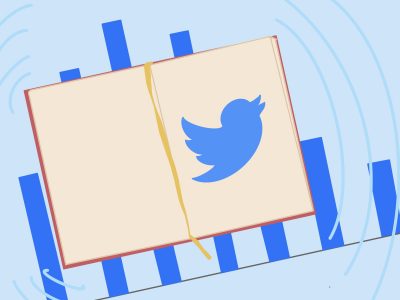“Today I cried my eyes out because my dad cheated on my mom with the next door neighbor.”
These days, it isn’t hard to imagine running into a tweet like this on the internet. Though it may seem shocking that someone would share this sensitive information online, uncensored sharing such as this is prominent on social media today.
Though these platforms were created for people to share with each other, has it gotten
dangerous? What exactly is being posted and what are the consequences?
Sometimes scrolling through my various apps feels especially exhausting. Undoubtedly, it is because it is almost like I am playing therapist. Slapped in the face with deep and dark journal entries of all different formats, it feels like every person’s issues have now become mine.
As with most topics in this realm, I cannot fail to acknowledge my part in this. Some years ago, the concept of having a “Finsta” — or an account used to post private information to a select amount of trusted followers — became very popular. I certainly participated and used mine to post a majority of my thoughts and feelings.
With age, I no longer felt the need to keep up with that profile. I discovered that though normalized, oversharing online may not be the healthiest coping mechanism.

The permanence of what one posts and the triggering nature of trauma dumping makes oversharing on the internet particularly dangerous.
In the case of private accounts and stories, users may feel they are posting to a trusted group of people so their digital footprint does not matter. However, many forget that what you put out online is filed away somewhere. You simply cannot guarantee who will and will not see your content.
At the same time, an attentive user must ponder how what they post will impact someone. For example, TikTok has become increasingly less entertaining for me since I constantly come across posts that, despite a trigger warning, stir up negative emotions.
Arguably, a majority of the topics present in our social media diaries are important to bring to light. Nonetheless, the excruciating detail is what makes experiencing these posts so agonizing.
On the one hand, vulnerability on these apps has helped me feel less alone. On the other hand, it has made escapism through social media feel impossible. When I pick up my phone, I am hoping to temporarily forget about my own troubles but instead, I am unexpectedly thrust into those of others.
Mental health awareness has made tremendous progress in the past few years but seems to have created a culture of oversharing and toxic competition over who is suffering the most.
What does sharing online do for the user? Is it really just a harmless outlet or do they seek the reactions of their followers? The distinction is important.
Twitter and TikTok seem to be the primary choices for social media diaries.
For starters, Twitter definitely encourages users to speak their mind, especially considering they decided to increase the number of allowed characters. Most users do not have their Twitter on private and anything one writes can be circulated boundlessly. Even so, Twitter fiends often expose their most personal thoughts on the platform.
TikTok is its own animal. Being largely made up of young people, it can feel like a more understanding space for teenagers needing to vent. Having a safe space is positive, but it does not mean we should impulsively post without taking into account the plausible impacts.
The portrayal of themes like sexual assault, self-esteem and mental illness can lack sensitivity on the app, and most trigger warnings are made in vain. Despite being warned that disturbing content is present, curiosity typically gets the best of users. Worse, creators will create this content disregarding its needlessly triggering quality.
I am in no way ruthlessly criticizing those who use social media as a diary. I can empathize with the negative impacts it has on the “dumper” — like it becoming an easy source of validation. Still, it can result in misinformed advice as a response when many users feel an obligation to help those they see venting online. Overall, it is risky territory.
Sharing can be healthy if done in a controlled and conscientious way. Doing so in one’s social media diary, however, can be a slippery slope. Maybe in two years you will regret letting the whole world know how your parents’ nasty divorce made you feel.
After all, there’s no delete button for people’s memories.



















































































































